On Thursday, the Chinese smartphone manufacturer Xiaomi (1810. HK) revealed its first electric car and instantly stated that it was working toward becoming one of the top five automakers in the world.
It is a highly anticipated model that Chief Executive Lei Jun has promoted as having “super electric motor” technology that is capable of providing acceleration speeds faster than Tesla (TSLA.O) automobiles and Porsche’s electric vehicles. The sedan has been given the name SU7, with the SU being an abbreviation for Speed Ultra.
But the automobile, which is expected to go on sale in a few months, is making its debut at a time when China’s automobile market, which is the largest in the world, is struggling with a capacity surplus and sluggish demand, both of which have fueled a fierce pricing war.
Lei Jun, the Chief Executive Officer of Xiaomi, did not let this deter him from articulating his lofty goals.
“By working hard over the next 15 to 20 years, we will become one of the world’s top 5 automakers, striving to lift China’s overall automobile industry,” he stated during the unveiling ceremony.
An additional component of these objectives is constructing “a dream car comparable to Porsche and Tesla,” he stated.
The SU7 uses the same operating system as Xiaomi’s most popular phones and other electronic gadgets, which is another factor anticipated to make it appealing to users. It will provide its drivers with unhindered access to the mobile applications already in the company’s portfolio.
“With hundreds of millions of ‘Mi Fans,’ or members of its smart device ecosystem, Xiaomi is a well-established consumer electronics brand,” said Bill Russo, CEO of Shanghai-based advising business Automobility. “Mi Fans” are members of the ecosystem that Xiaomi has created.
“As such, they have a significant opportunity to break through as the automobile becomes a smart device.”
On a single charge, the SU7 will be available in two different variants: one with a driving range of up to 668 kilometers (415 miles) and another with a range of up to 800 kilometers per charge. To put that into perspective, the Tesla Model S has a range of up to 650 kilometers.
The prices have not been disclosed as of yet. In his statement, Lei stated that the cost will “in fact be a bit high, but one that will have everyone thinking that it is justified.”
At the same time that China had one of the coldest Decembers on record, the SU7 was simultaneously being positioned to appeal to customers concerned about entering winter. According to Lei, it is packed with cutting-edge technology that enables it to identify impediments in adverse settings, such as falling snow and can charge quickly even when temperatures are low.
In addition, he stated that the autonomous driving capabilities of Xiaomi automobiles will be at the forefront of the industry.
However, Lei’s objectives did not successfully increase Xiaomi’s share price, as the Hong Kong-listed stock of the business gave up previous gains and finished 0.3% lower than it had been.
In the face of a stagnant smartphone market, China’s fifth-largest smartphone manufacturer has been working on diversifying its company beyond its core sector to include electric vehicles (EVs). This idea was initially proposed in 2021. Several other Chinese technology businesses, such as the telecommunications giant Huawei (HWT.UL) and the search engine company Baidu (9888. HK), have collaborated with automobile manufacturers to create electric vehicles.
Xiaomi is among the few new participants in China’s electric vehicle industry to receive clearance from regulators reluctant to contribute to the supply glut. The company has committed to investing ten billion dollars in automobiles over the past ten years.
A division of the state-owned automobile manufacturer BAIC Group (1958. HK) will produce the vehicles in a Beijing plant with the capacity to produce 200,000 vehicles annually.
According to estimates from Zheshang Securities for the third quarter, the most significant opposition for Tesla in China’s very competitive electric vehicle industry would most likely come from BYD (002594. SZ), which commands one-third of the market. At the same time, Tesla has a nine percent stake.
































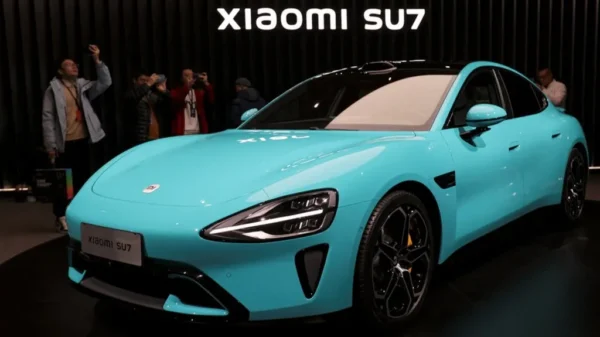
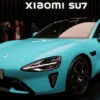
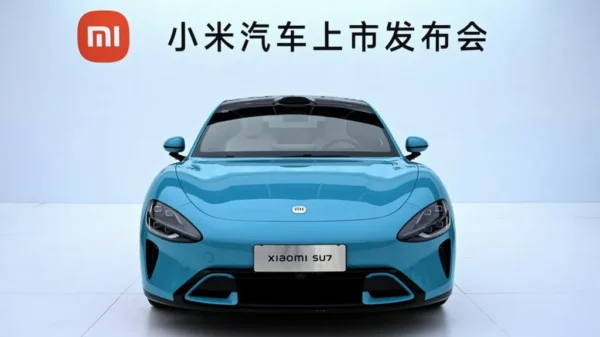

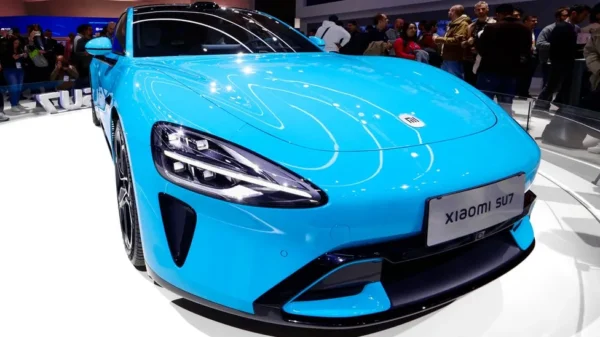
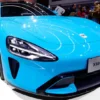


Comment Template